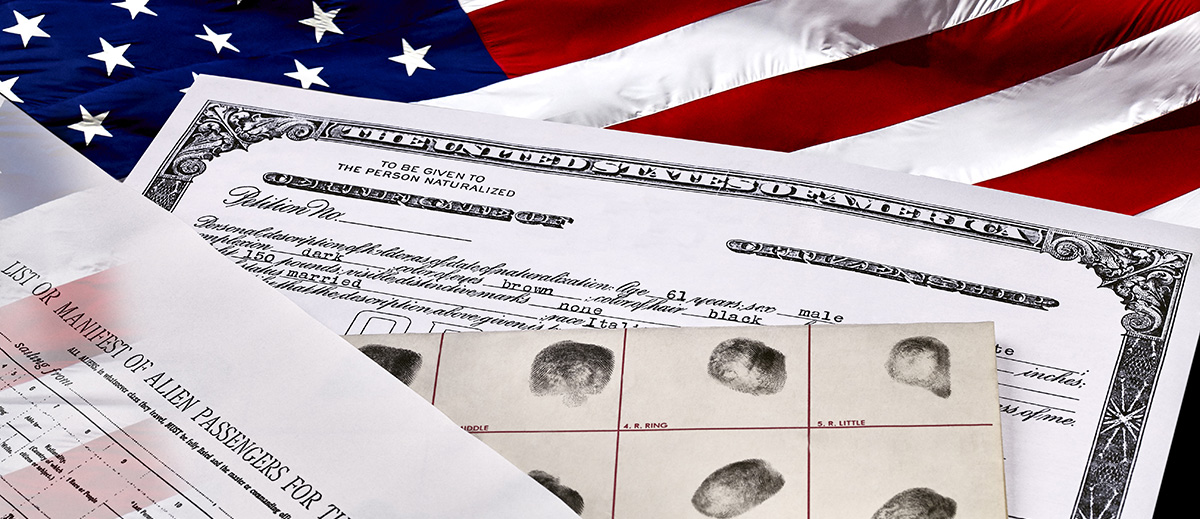On April 1, 2024, U.S. Citizenship and Immigration Services (USCIS) revised filing fees for immigration applications. In some cases, these fees have increased, but for the application for naturalization, often referred to as citizenship, positive changes are coming soon.
Under the new fee rule, there is no longer a separate biometric services fee (fingerprinting). The previous total cost was $725, but now when you mail in a Naturalization application, the fee is $760. However, for those who choose to submit their application online, the cost has been reduced to $710. For applicants with low income, the USCIS also reduced the fee. For those with a household income between 150% and 400% of the Federal Poverty Guidelines (FPG), the new fee is now $380—creating greater accessibility for many community members.
- As a reminder, those with a household income that is at or below 150% of the FPG, receive public benefits or demonstrate financial hardship are able to apply for a fee waiver.
To be eligible for naturalization, you must be a Lawful Permanent Resident for five years. However, if you have been married to a U.S. Citizen for three years since becoming a Permanent Resident, regardless of how you obtained your Permanent Resident status, you are also eligible to naturalize.
Becoming a US citizen means that you can vote, generally have priority when immigrating other family members to the U.S., and are eligible for certain federal jobs. Additionally, citizens cannot be deported.
For those who are eligible for HELS support through our Community College network, JFS may be able to cover your filing fee. Contact us to learn more about naturalizing and how HELS can help.







